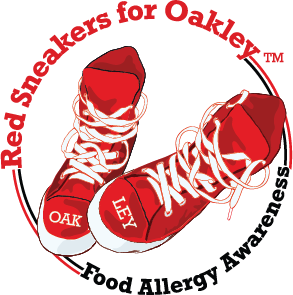Difference Between IgE- and Non-IgE Mediated Food Allergies
An IgE-mediated food allergy is an immune-mediated response to a food protein. IgE stands for ‘immunoglobulin E’ – a type of antibody in the immune system.
IgE-mediated Food Allergies:
IgE-mediated food allergies are rapid in onset and can be life-threatening. They occur very quickly after a food has been eaten – typically a few minutes and up to 2 hours after. These reactions can be brought on by very small quantities of the food protein which binds to allergen-specific IgE receptors in the body leading to the release of histamine and other inflammatory chemicals. Symptoms include urticaria (hives), angioedema (swelling under the skin), asthma, and hypotension (low blood pressure).
Most IgE-mediated food allergies are managed with antihistamines and epinephrine. Skin prick tests or specific IgE blood tests can help with the diagnosis of this type of allergy, along with an allergy-focused diet history.
Non-IgE-mediated Food Allergies:
Non-IgE-mediated allergies are delayed types of allergies that occur more than 2 hours to 2 days after eating a particular food. They are still allergies, but different cells in the immune system are involved (not IgE cells). Non-IgE-mediated allergies are more difficult to diagnose than immediate-type allergies. The best treatment for Non-IgE mediated food allergies is eliminating the offending food from diet.
Some non-IgE mediated allergies include the following:
Food protein-induced enterocolitis syndrome (FPIES). The symptoms of FPIES typically are confined to the gastrointestinal system: Severe vomiting, diarrhea dehydration, etc.
Breast-milk-induced proctocolitis. This is a type of delayed inflammatory gut food allergy. The symptoms of proctocolitis include stools with mucus & blood streaks
Food protein-induced enteropathy (FPE) is an ongoing damage or irritation and swelling to the small intestine. The symptoms include diarrhea and malabsorption (difficulty absorbing nutrients from food).
Celiac Disease is an immune reaction to eating gluten.
Sources:
https://www.pediatrics.uci.edu/residency/Lectures/foodallergies.pdf
https://acaai.org/allergies/allergic-conditions/food/food-protein-induced-enterocolitis-syndrome-fpies/
